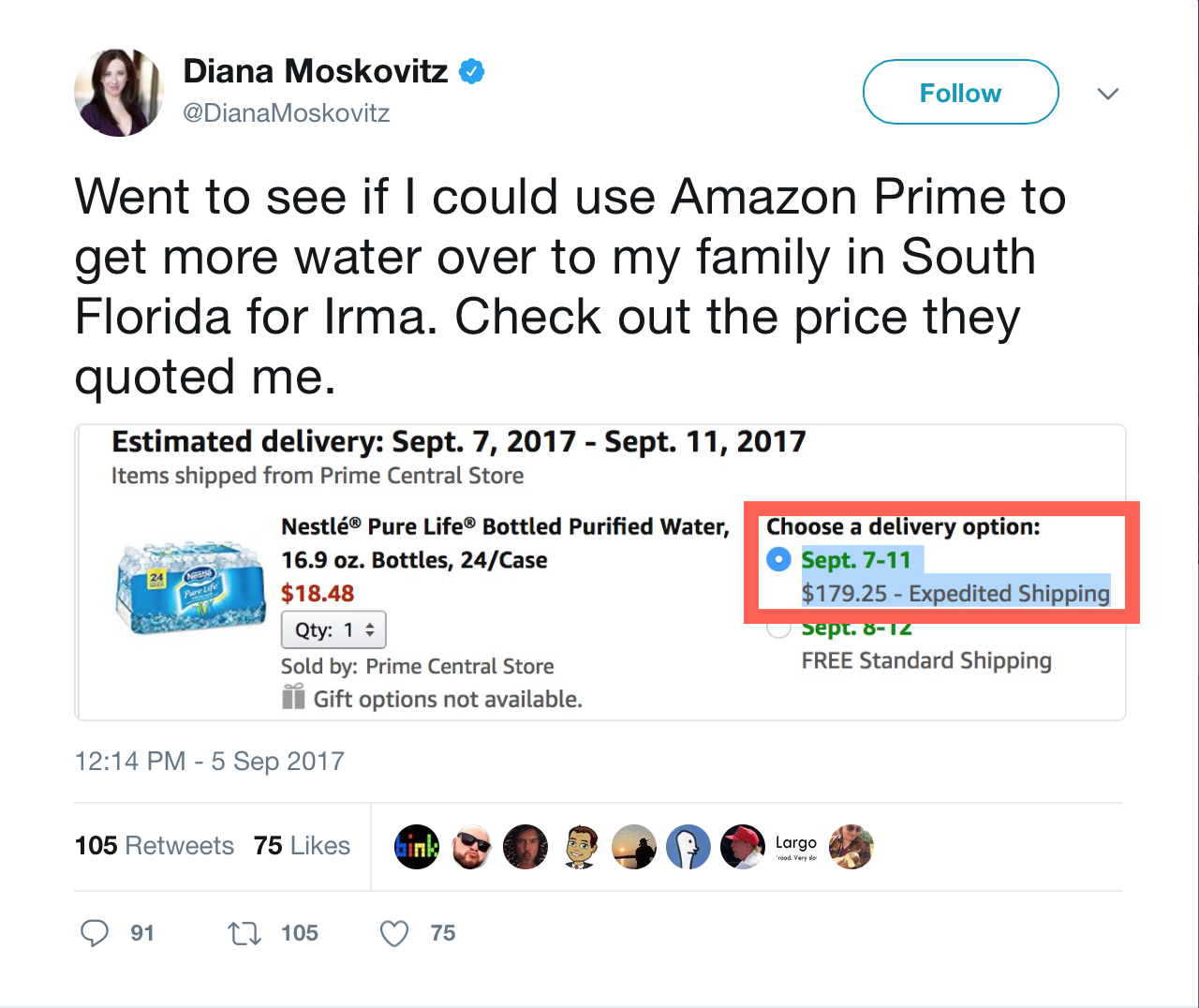Your margin is my opportunity. Now bend over.
Inspired by Jeff Bezos
If a record company pulled your music from a retailer because of a commercial dispute that had nothing to do with you or the label itself, how would that make you feel? If you ran to your contract to see if you could stop them, do you think anyone would have ever thought to negotiate protection against anything so philistine? This little life parable shows you why you should never underestimate the highly innovative monopolists forcing their way into our lives.
According to Bloomberg:
Alphabet Inc.’s Google pulled support for its YouTube video service from Amazon.com Inc.’s streaming-media devices, citing the internet retailer’s failure to make Amazon Prime Video available through Google’s gadgets and the recent halt of the sale of some Nest products on its website.
What’s interesting about YouTube’s behavior is that you would think that YouTube actually owned the videos on YouTube. Which in probably 99% of the cases, they do not. (It’s unclear if the Amazon boycott includes Vevo, the premium content provider co-owned by Google, but I would assume it does.) I’m no fan of Amazon, God knows, so I’m not suggesting that YouTube’s move here is hard on Little Jeffie, the destroyer of worlds.
I’m suggesting that it is hard on artists and is not something that any other distributor would think they could get away with. And the fact that YouTube exists to screw artists and songwriters doesn’t excuse YouTube’s tone deaf wielding of other people’s property to gain a commercial advantage against Amazon accruing almost entirely to Google. So what did Google do, exactly? Bloomberg tells us:
Google blocked YouTube access via the Echo Show, Amazon’s smart speaker with a touchscreen, on Tuesday and will stop supporting YouTube on Amazon’s Fire TV set-top box on Jan. 1. In a statement, a Google representative said it’s taking the action because the YouTube apps on Amazon products aren’t made by Google, like the YouTube app on the iPhone is, and the retail giant doesn’t sell some Google products, such as Chromecast and Google Home.
“We’ve been trying to reach agreement with Amazon to give consumers access to each other’s products and services,” Google said in a statement. In its own statement, Seattle-based Amazon said its gadgets now send users to the YouTube website, and the company hopes to resolve the dispute as soon as possible.
In other words, Amazon stopped carrying totally unrelated Google products and Google responded by blocking your videos from Amazon devices. Did anyone ask you if that was OK? According to the Verge:
Three months ago, YouTube pulled its programming from Amazon’s Echo Show device — the first skirmish in what is apparently an ongoing war. Shortly after, Amazon stopped selling the Nest E Thermostat, Nest’s Camera IQ, and the Nest Secure alarm system. Two weeks ago, Amazon got YouTube back on the Echo Show by simply directing users to the web version, a workaround that left a lot to be desired. But even that version won’t be available after today.
In other words, this boycott of the billionaires has nothing to do with any YouTube artist or Vevo artist, but all are being harmed by it for reasons they have no control over. You might, however, be able to file a complaint with the Federal Trade Commission against Google and possibly both Google and Amazon by clicking here.
